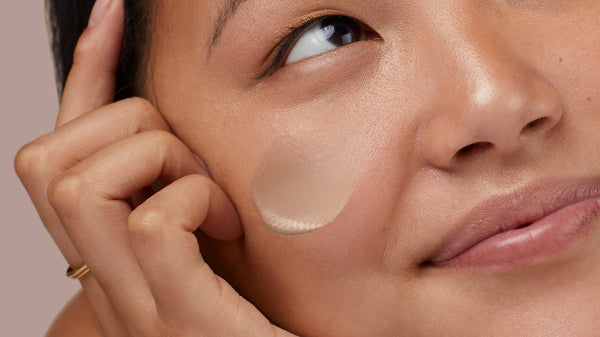
Does Collagen Really Whiten Your Skin? Facts You Should Know
What Is Collagen and How Does It Affect Your Skin?
Collagen is a protein naturally present in your body. Often called the “glue” that holds skin cells together, it provides structure, elasticity, and firmness. As we age, our natural collagen production declines—making supplementation increasingly popular for skin health.
Collagen helps maintain youthful, resilient skin by boosting cell regeneration and improving moisture retention. It’s often marketed as a solution for firm, glowing, and younger-looking skin.
Does Collagen Whiten Skin?
This is one of the most asked questions in skincare. To answer it, we need to understand what determines skin color: melanin. Melanin exists in two types—eumelanin (dark pigment) and pheomelanin (light pigment). The amount and type of melanin produced by melanocytes (skin cells) determine your natural skin tone.
The Truth:
Collagen does not directly reduce melanin production or alter your natural skin tone. It does not lighten or whiten skin in the same way ingredients like vitamin C, glutathione, or arbutin might.
However, by improving the skin’s hydration, texture, and radiance, collagen may give the appearance of brighter and healthier skin. Think of it as enhancing your skin’s light-reflecting qualities—not changing its underlying color.

Forms of Collagen Supplements: Which One Works Best?
-
Liquid Collagen: Fast absorption, but taste can be off-putting. Generally more expensive.
-
Collagen Capsules/Tablets: Convenient for travel, mild taste, and affordable.
-
Collagen Powder: Can be mixed with drinks, but some may find the taste unpalatable.
Choose the form that fits your lifestyle, but always check the source and ingredients for safety and efficacy.
Key Considerations When Taking Collagen
-
Start Around Age 25–30: Natural collagen production starts to decline around this age.
-
Avoid Taking It After Meals: Take collagen on an empty stomach—either 30 minutes before breakfast or one hour before bed—for better absorption.
-
Cycle Your Intake: Experts recommend 3 months on, 1 month off to allow the body to process and utilize collagen efficiently.
-
Check for Additives: Avoid collagen products with unverified ingredients like placenta extract, untested marine components, or artificial hormones.
External Factors That Impact Skin Health
Even if you supplement with collagen, you must protect your skin from environmental damage:
-
UV Exposure: The #1 cause of premature aging and pigmentation.
-
Diet: High sugar and refined carbs accelerate glycation, damaging collagen.
-
Hormonal Changes: Especially in women, hormone imbalances can weaken skin structure.
Use sunscreen, eat a balanced diet, and reduce stress to complement your collagen routine.

Final Thoughts
So, does collagen whiten skin? Not in the literal sense. Collagen does not change melanin production or lighten your natural skin tone. But it can help your skin look more radiant, smooth, and healthy—which gives the illusion of brighter skin.
For actual whitening effects, consider combining collagen with clinically proven brightening ingredients like vitamin C or niacinamide.
Focus on skin health from the inside out, and remember: glowing skin isn’t just about color—it’s about how your skin feels, reflects light, and stays resilient over time.